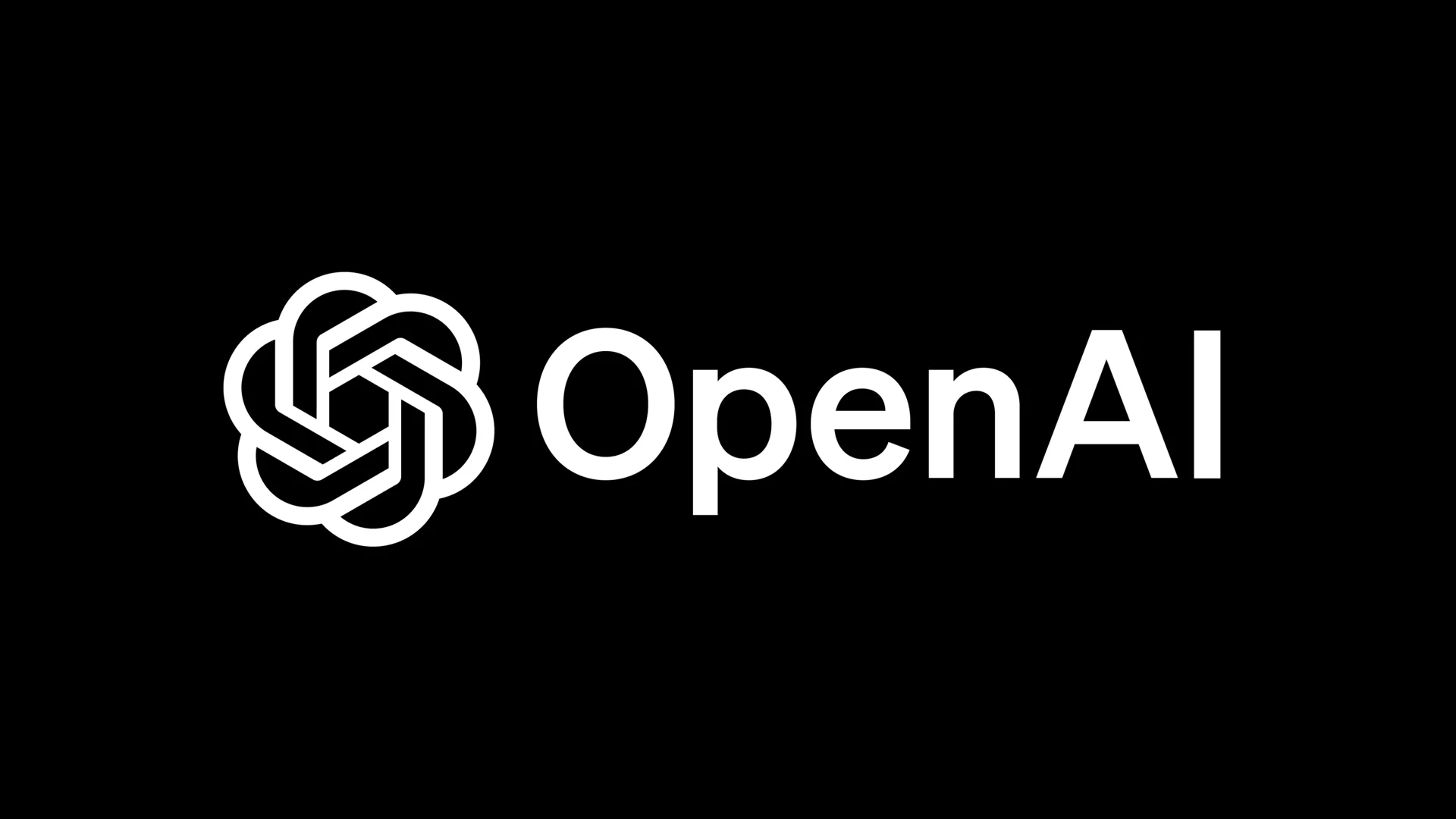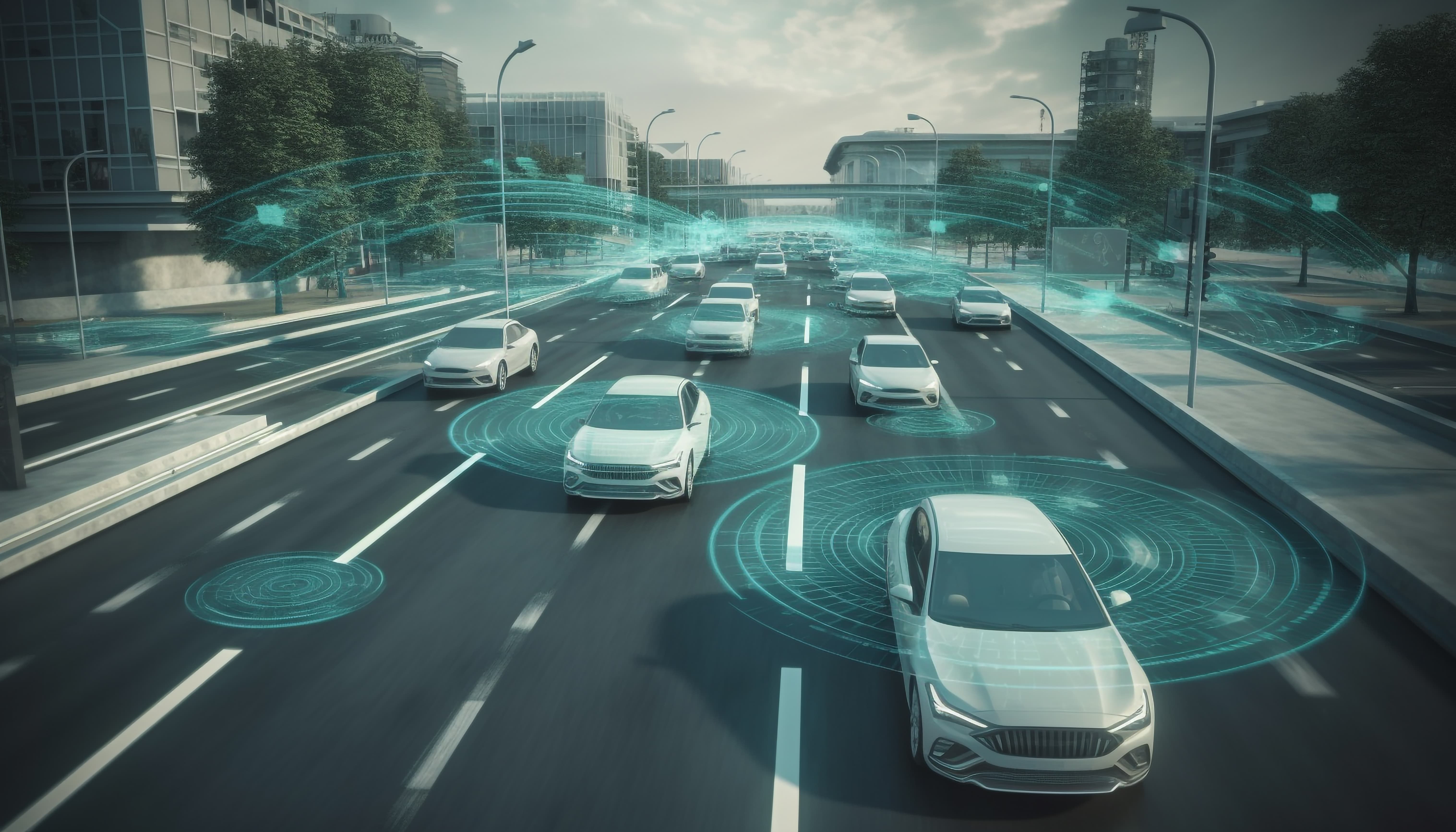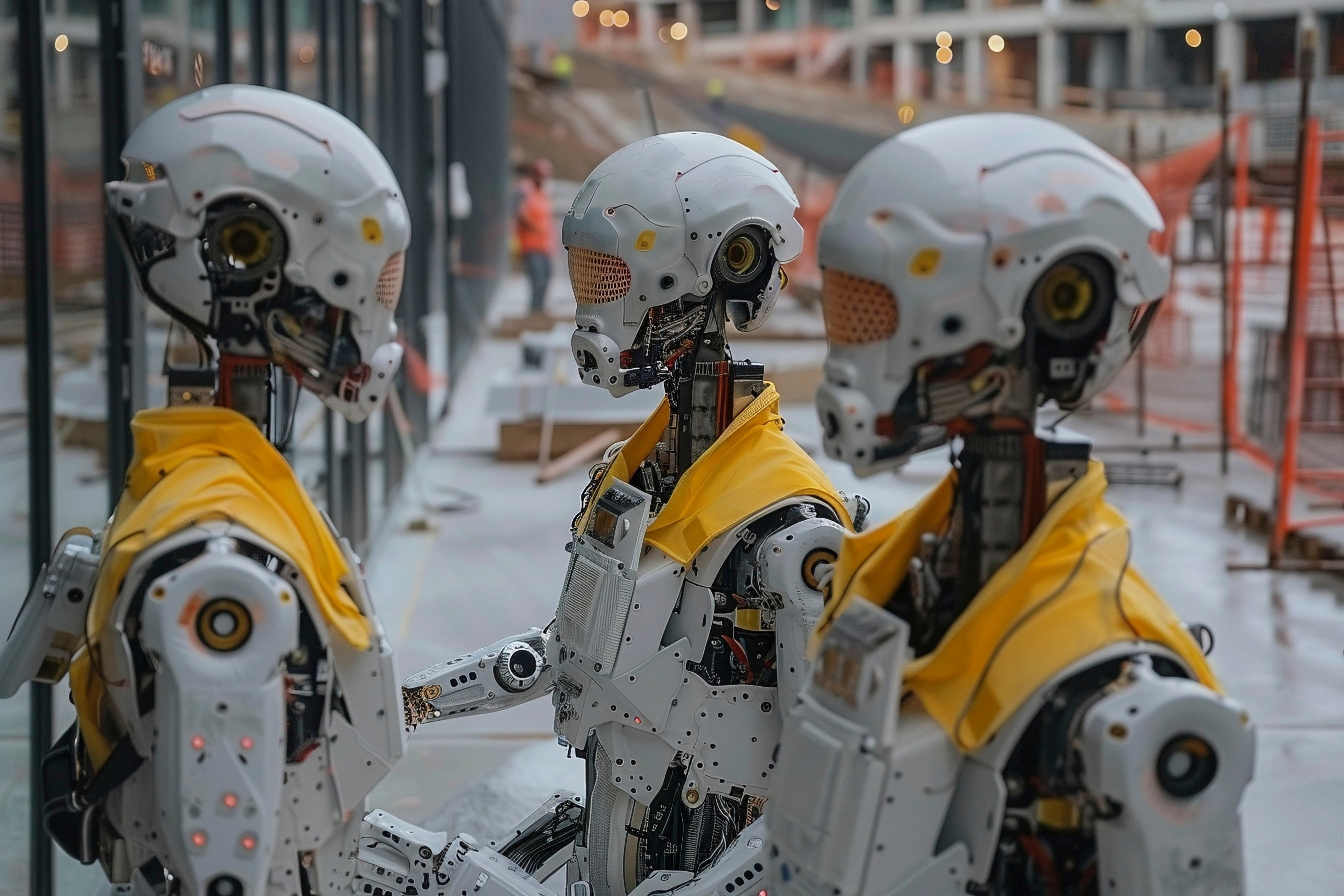The International Labour Organization (ILO) has launched upgraded grievance apps to enhance workplace conditions in Indonesia’s garment, footwear and palm oil sectors. The Jakarta launch on 29 October advances decent work and strengthens industrial relations.
The initiative was developed in close collaboration with trade union confederations, federations and networks representing more than 100,000 workers nationwide.
The new apps, including SoPaN SPN, Teman Garteks, Hallo Siola and a palm oil platform, use AI for categorisation, tagging, follow-ups and satisfaction ratings. The upgrades make complaint processes quicker, clearer and more accessible for all workers.
Each platform allows workers to submit grievances with supporting evidence, which are then reviewed and addressed by union administrators through negotiation or mediation.
Funded by Canada, the ILO’s RealGains project tackles labour challenges and expands the platforms beyond the garment sector. Using technology in grievance systems, the ILO aims to boost social dialogue, safeguard workers’ rights and support businesses.
Officials highlighted that these tools could deliver direct benefits to hundreds of thousands of employees across key industries in Indonesia.
Experts emphasised that effective grievance channels are critical for sustainable industrial relations. AI apps streamline complaints and empower workers, promoting safer and fairer workplaces nationwide.
Would you like to learn more about AI, tech and digital diplomacy? If so, ask our Diplo chatbot!










